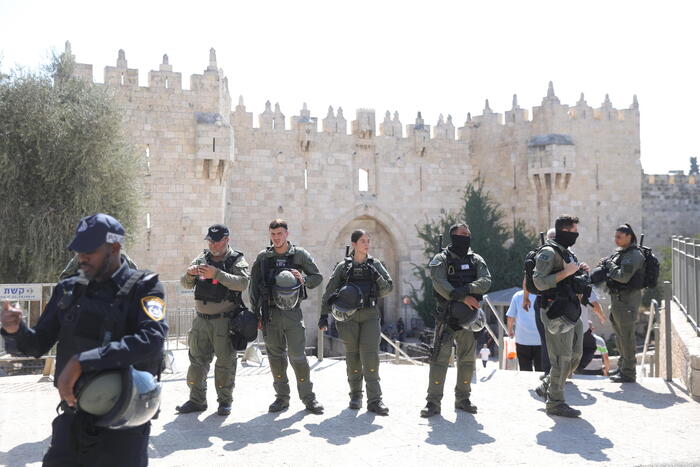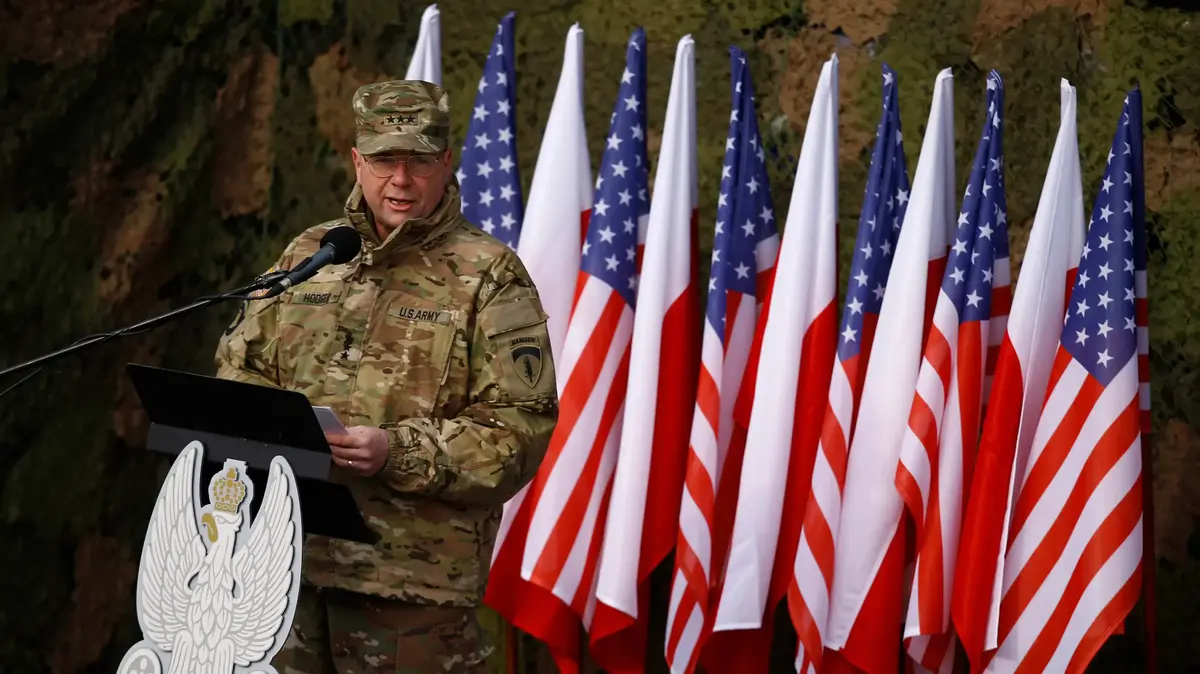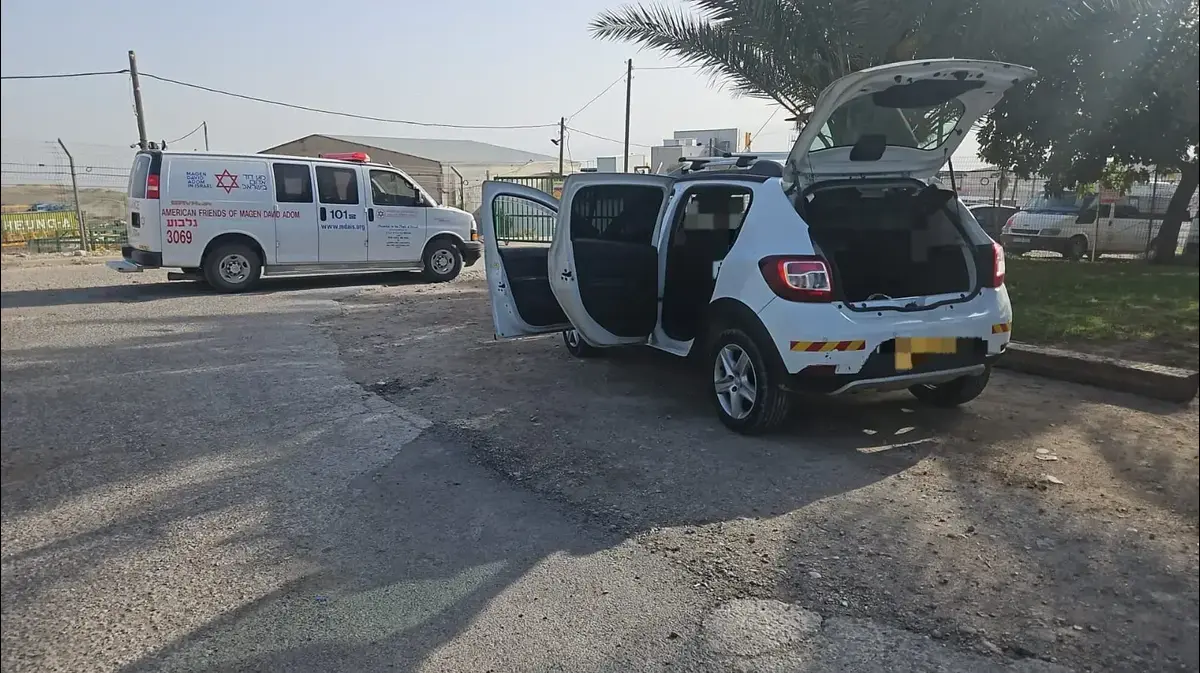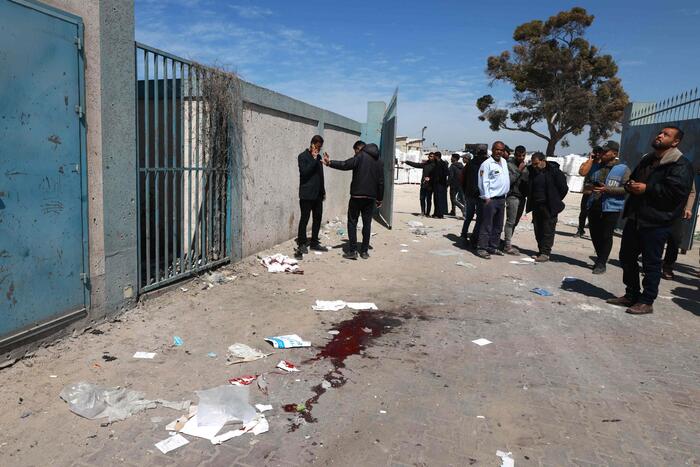Occupied Jerusalem-SANA
Because of its roots that extend deep into the land for hundreds of years, the Israeli occupation wages an open war against the olive trees, sometimes uprooting and looting them, and sometimes cutting them down or setting them on fire, so that the olive harvest season turns into a battle in which the Palestinians write with their blood “we are steadfast here on our Arab Palestinian land.”
The attacks of the occupation forces and settlers do not only target the olive tree, because it is a symbol of land and steadfastness, but rather it is an attempt to strike the economy and the foundations of the Palestinian presence on his land in order to uproot it and expand settlement operations.
The Palestinian Foreign Ministry confirmed that this criminal scene, which takes place in front of the eyes of the international community, is repeated throughout the year, especially before and during the olive season, with the aim of severing the relationship between the Palestinian and his land, pointing out that the condemnation statements are insufficient and must be translated by placing settler gangs on terrorist lists and by taking practical steps It obliges the occupation to implement the resolutions of international legitimacy and to stop its crimes against the Palestinians, especially settlements.
The official in charge of the file of resistance to settlements in the West Bank, Ghassan Daghlas, explained in a statement to SANA reporter that the settlers carried out more than 30 attacks on Palestinian farmers in the West Bank during the harvesting of olive fruits in the past five days, noting that most of the attacks were concentrated in Nablus and Salfit and varied between chopping olive trees. Burning it, stealing its fruits, and preventing farmers from accessing their lands, especially those near settlements that are being expanded continuously.
Douglas indicated that the Palestinian national forces launched a voluntary popular campaign called “Fazaa and Ouna” to support farmers during the olive harvest and confront the settlers, as an affirmation of adherence to the land and resistance to all occupation attempts to seize it, raising the slogan “We will remain as long as the thyme and olives remain in our land immersed.”
Douglas pointed out that for the first time since the occupation took over the summit of Mount Sabih in the town of Beita, south of Nablus, and established a settlement outpost there about five months ago, Palestinian landowners, along with solidarity activists and foreign activists, managed to reach the top of the mountain last Sunday, pick a few olive fruits and raise the Palestinian flag. Before the occupation forces assault them and force them to leave their lands.
For his part, the head of the Burin village council, Nidal Najjar, said that the village, south of Nablus, is surrounded by three Israeli settlements, making the olive fields, which extend over an area of 300 dunums, vulnerable to theft, burning and seizure, in addition to the restrictions imposed by the occupation on farmers to enter their lands. This year, farmers were allowed to enter Their lands have only four days to harvest the fruits from the square from eight in the morning until four in the afternoon, which is not enough time to harvest crops, as some farmers need more than 15 days.
Najjar pointed out that the occupation sometimes delays allowing farmers to harvest olives in the northern and eastern regions of the village until mid-November, and often farmers reach their lands until they return to their homes, disappointed, after the settlers stole the fruits.
The situation of olive growers in the Gaza Strip is not different from their situation in the West Bank, where Muhammad Awawdeh explained that the harvesting journey is fraught with dangers and mixed with suffering, as the occupation forces stationed on the outskirts of the Gaza Strip deliberately shoot at the farmers. We were subjected to many attacks in the past, but despite the risks, we defy the occupation and reach our land to pick the olives that we are waiting for throughout the year because it is our only source of income in light of the difficult economic conditions that the Gaza Strip is experiencing as a result of the Israeli siege.
For his part, the farmer, Ahmed Odeh, stated that he cannot reach the olive field, which has an area of 15 dunums, east of Rafah, in the south of the Gaza Strip, due to the intensity of the fire that the occupation fires on everything that moves in the place, pointing out that the occupation bulldozers uproot dozens of trees during their incursion into the fields, but the Palestinians carry their lives on Stop them and replant them.
For his part, the coordinator of the “Fazaa wa Auna” campaign in the Gaza Strip, Saber Al-Za’anin, pointed out that reaching the olive fields east of the Gaza Strip is a journey of death, as the occupation bullets do not stop, and the campaign participants do not reach the olive fields except with difficulty, indicating that they are forced to use primitive methods to transport olive fruits instead of Trucks because they will be vulnerable to Israeli bombardment.
Saad, a visit from the Union of Agricultural Work Committees, confirmed that the occupation deliberately intensified shooting at farmers in the eastern areas of the Gaza Strip, which is about 40 kilometers long, from Beit Hanoun in the north to Rafah in the south, in an attempt to leave it vulnerable to desertification, noting that the quantities of olive fruits in the Strip are few this season compared to In previous years, for several reasons, the most important of which was the systematic destruction of the fields by razing them, bombing them or spraying them with toxins and pumping waste materials that are destructive and polluting the land and the environment.
The human rights researcher Hussein Hammad stressed that the direct targeting of Palestinian farmers during the olive harvest season constitutes a threat to their lives and safety, and a violation of their right to work, which is guaranteed by international laws.
Mohammed Abu Shabab















